Key Takeaways
- Iconic RPG franchises have evolved by incorporating RPG elements, skill systems, and deeper narratives.
- Changes in gameplay have attracted wider audiences but sometimes moved away from traditional roots.
- Flexibility in RPG mechanics and adaptation to market demands contribute to the longevity and cultural impact of the genre.
The RPG genre has undergone significant transformations over the decades, adapting to trends in the video game industry. Iconic franchises have reshaped their mechanics, expanding the scope of their gaming experiences and, on some occasions, distancing themselves from their traditional roots. Hybridization with other genres, such as action and adventure, has resulted in innovative systems and more dynamic narratives, attracting a wider audience.
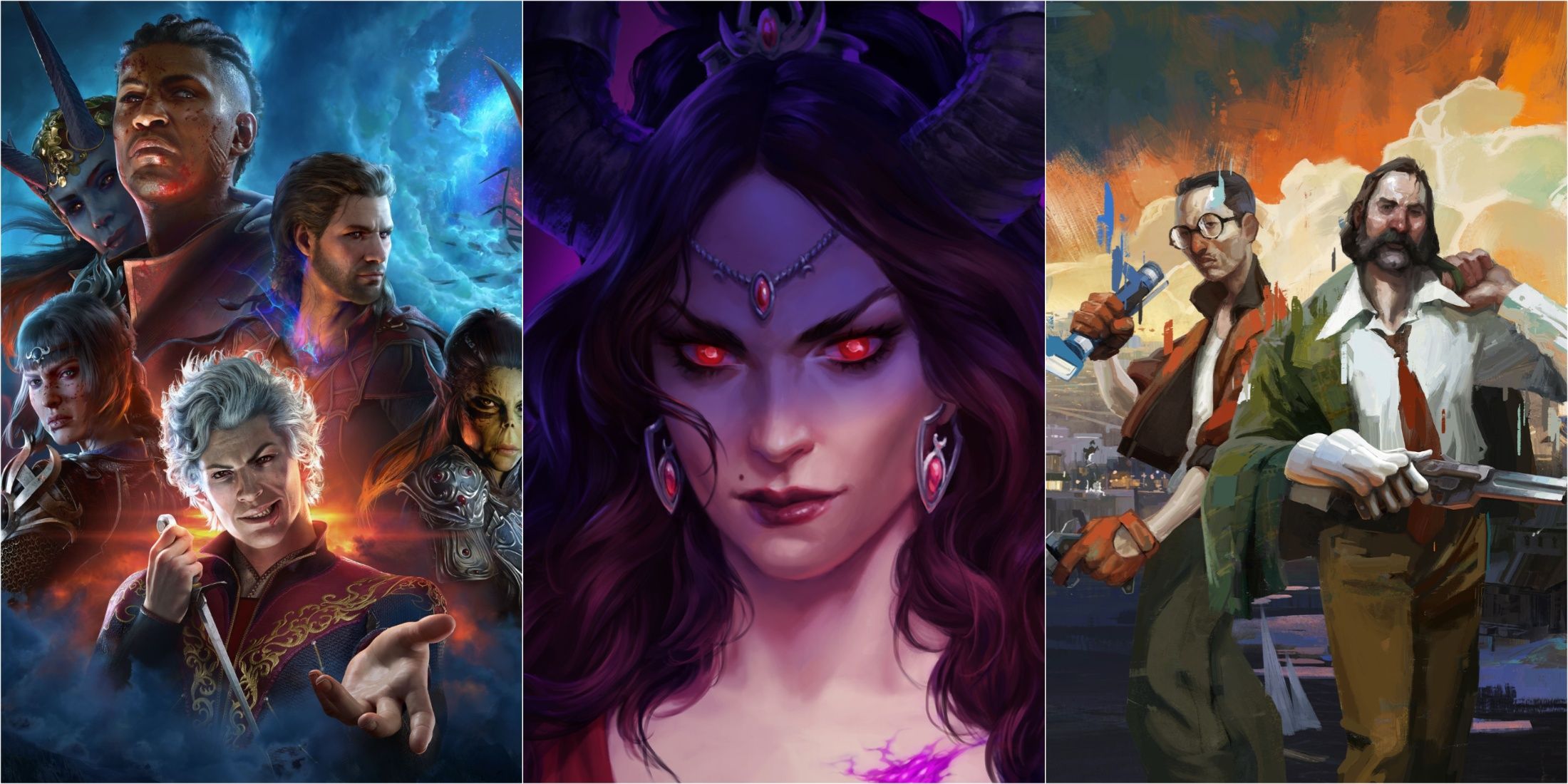
Related
9 Best Isometric RPGs That Can Keep You Busy For Months, Ranked
These excellent isometric RPGs offer countless hours of exciting combat, interesting choices, and colorful characters to keep you busy for months.
On the other hand, various series originally not associated with the genre have incorporated RPG elements like skill trees and deeper narratives, expanding the reach and diversity of the experience. This exchange of characteristics demonstrates how the genre’s flexibility contributes to its longevity, offering experiences adapted to market demands while maintaining its cultural impact at the heart of the video game industry.
9 Assassin’s Creed
Ubisoft Gradually Added RPG Elements To The Franchise
- Released
- October 12, 2023
- Developer(s)
- Ubisoft Bordeaux
- OpenCritic Rating
- Strong
Known for historical exploration, parkour, and stealth, Assassin’s Creed in its early titles, such as Assassin’s Creed and Assassin’s Creed 2, offered linear narratives and well-structured missions. These games maintained a classic action-adventure approach, emphasizing historical accuracy and the development of the Assassins’ storyline.
In more recent releases like Valhalla and Odyssey, the series incorporated RPG elements, including character customization, skill systems, and decisions that influence the narrative. This integration of RPG mechanics expanded the depth and complexity of the gameplay, bringing innovations for players who enjoy these mechanics but also moving away from the series’ roots.
8 Mass Effect
Bioware Made Major Changes To The Franchise’s Formula
- Released
- May 14, 2021
- OpenCritic Rating
- Mighty
The Mass Effect franchise evolved considerably in its gameplay across titles. Mass Effect 1 combined classic RPG elements with deep exploration and a rich narrative, focusing on character development and player choices. However, some side missions were less appealing due to monotony.
With Mass Effect 2, the series adopted a more action-oriented approach, similar to third-person shooters, simplifying traditional RPG aspects to attract a wider audience, something that continued in the third game. In Mass Effect: Andromeda, the series attempted to return to its exploration and role-playing roots but faced technical issues that compromised the player experience.
7 Fallout
From Classic Isometric RPGs To 3D Games
- Released
- November 10, 2015
- OpenCritic Rating
- Mighty
Since its inception, Fallout has remained one of the great classics of the video game industry, even with significant transformations in gameplay over the years. The first two games were isometric RPG classics, featuring turn-based combat and choice-laden narratives, with exploration connecting the world map to enclosed areas.
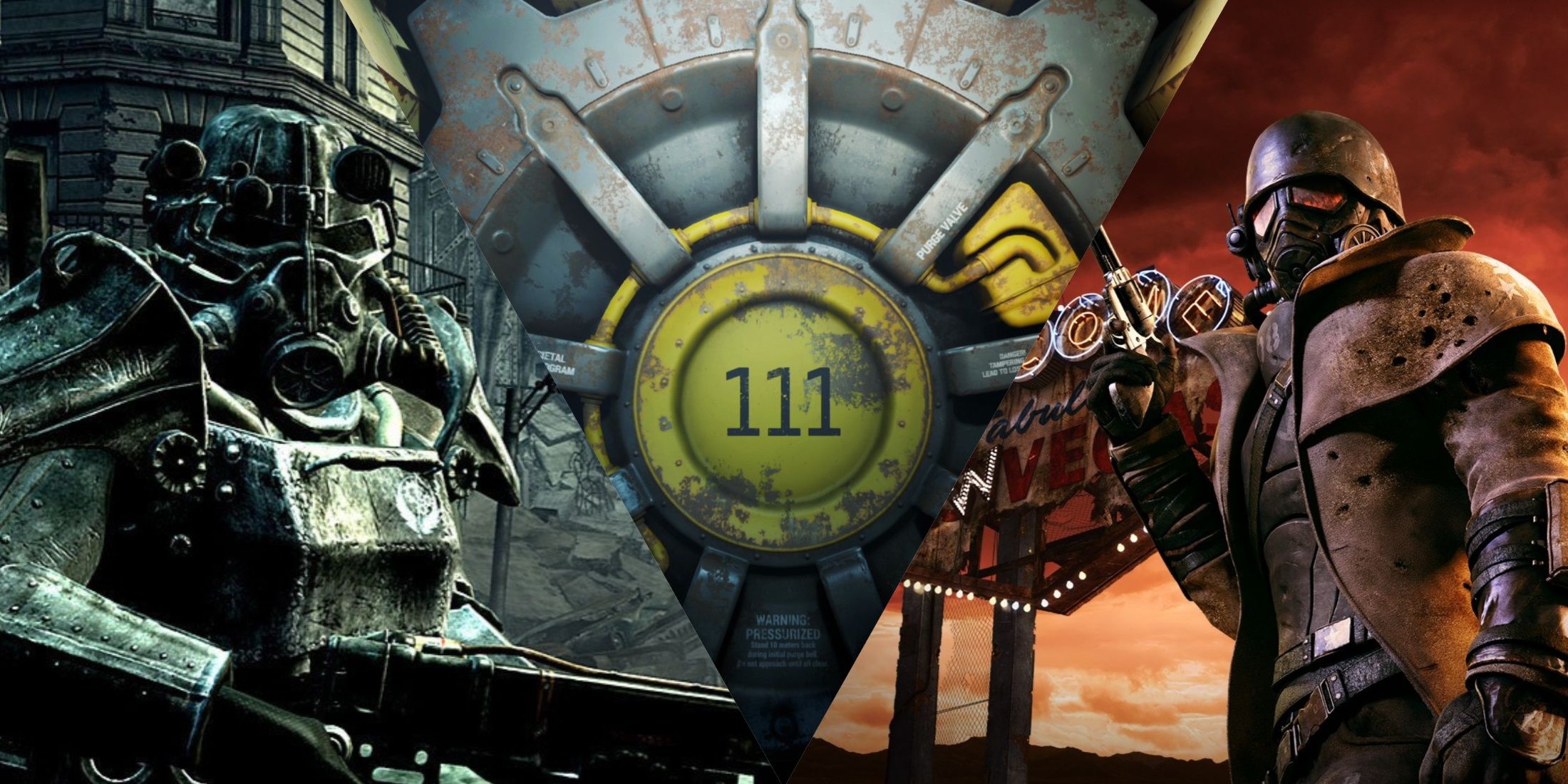
Related
6 Fallout Games With The Best Stories, Ranked
All the Fallout games feature interesting storylines, though some are better than others.
However, with Fallout 3, the franchise migrated to 3D environments with first or third-person perspectives, adopting elements of RPG, action, and open-world gameplay, which became a hallmark of the series. The V.A.T.S. system allowed a mix of classic gameplay with new features added by Bethesda, and Fallout 4 introduced further changes with a greater emphasis on exploration.
6 The Witcher
The Games Always Introduce Something New
- Released
- May 19, 2015
- OpenCritic Rating
- Mighty
The Witcher franchise is one of the RPGs that shows a remarkable evolution in both gameplay mechanics and design philosophy throughout its main titles. The first game featured timing-based combat and limited map exploration, while the second advanced the formula with dynamic fights and larger environments, even though the structure of both was similar.
However, in The Witcher 3, Geralt’s saga reached its peak, becoming an open-world RPG with continuous exploration, refined combat, and a level of freedom not seen in previous games of the franchise. This transformation solidified the series as one of the industry’s milestones but also raised the bar for the genre.
5 Persona
A JRPG That Remains Quite Traditional
The first two Persona games are completely different from the modern entries, showing how gameplay has changed since the franchise’s debut by incorporating new elements that redefined the gameplay style. The original games featured classic JRPG mechanics, with dungeon exploration and turn-based combat, but without the social systems that now define the franchise.
Starting with Persona 3, the franchise transformed by introducing mechanics like Social Links and slightly reformulating the combat gameplay, which maintained the essence already known to fans but also brought changes to make the gameplay more fluid. Through this evolution, the series became even more popular, attracting new audiences without losing older fans.
4 Final Fantasy
A JRPG That Has Undergone Many Changes Throughout History
Final Fantasy
- Creation Year
- 1987
- Developer(s)
- Square Enix
- Publisher(s)
- Square Enix
The Final Fantasy franchise is one of the most iconic in the video game industry, marking generations with its innovations. The early titles, featuring pixel art and turn-based combat, defined the foundations of the JRPG genre, presenting engaging narratives and strategic systems that became references for future games.
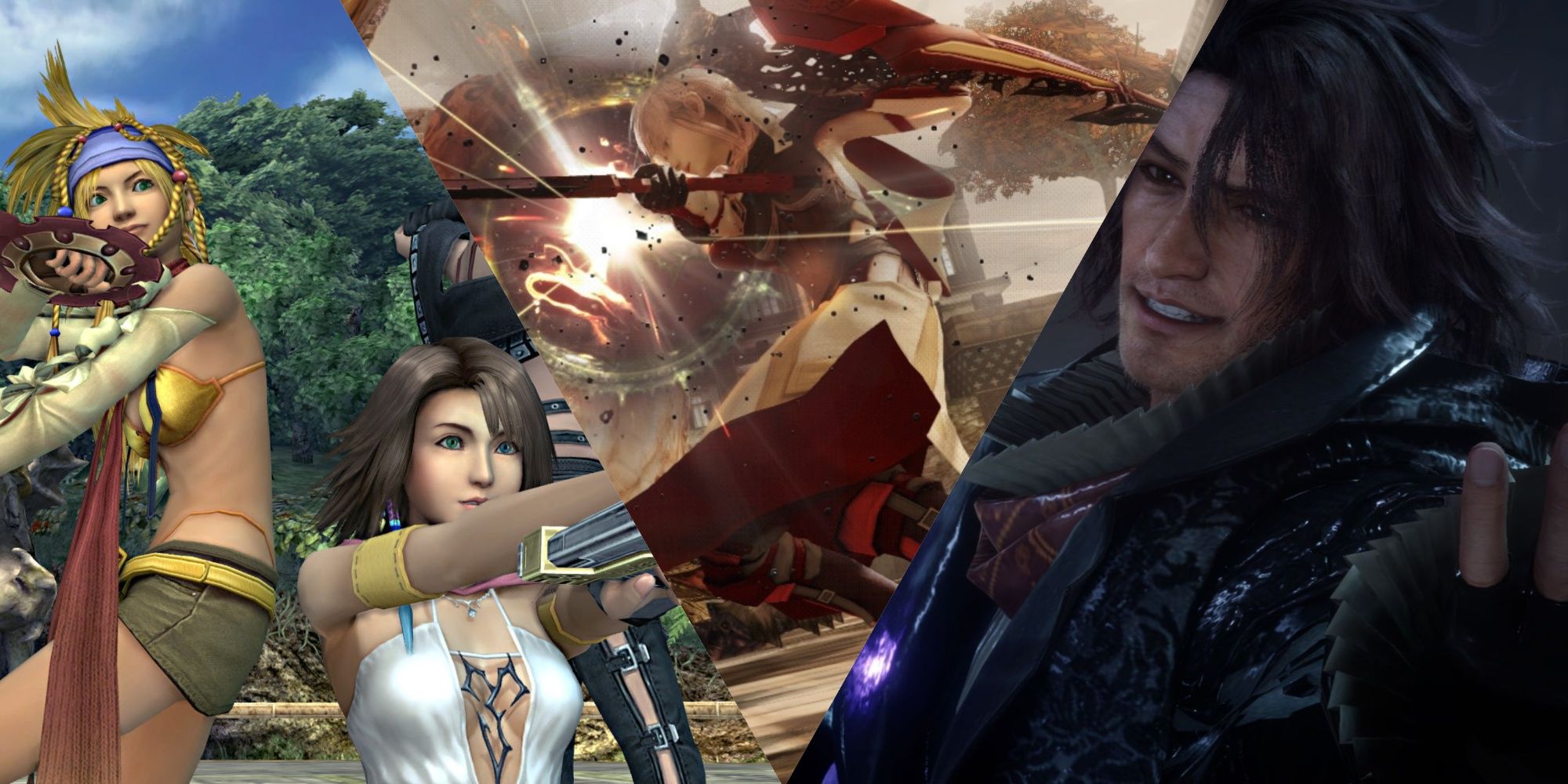
Related
9 Final Fantasy Games With Multiple Endings
Most Final Fantasy games follow a linear story structure, but these titles change things up with multiple endings.
With the transition to 3D, the series began to explore more dynamic and action-oriented combat systems, as seen in recent titles. This evolution reflects not only technological changes but also the desire to meet the demands of an ever-changing audience, consolidating Final Fantasy as a franchise that shapes and follows the game market.
3 Dragon Age
Each Game Has Its Own Gameplay
- Released
- October 31, 2024
- OpenCritic Rating
- Strong
Few RPG franchises have undergone as many gameplay changes as Dragon Age, with every game released in the series so far possessing something that makes them unique. The first, for example, was more focused on CRPG, with real-time combat with pauses, but the second and third added new elements or changed everything.
In Dragon Age: Inquisition, new changes were added, transforming the gameplay once again. The combat became more action-focused, allowing control of only the protagonist during fights, while map exploration also changed, with smaller and more linear regions to be discovered.
2 Yakuza
A Franchise That Adopted RPG Elements Over Time
- Released
- January 26, 2024
- OpenCritic Rating
- Mighty
In contrast to many franchises that abandoned RPG roots over time in favor of more action-focused gameplay, Yakuza took the opposite path, as the series’ origins are in beat ’em ups, but currently, it is a reference among traditional JRPGs. This happened and was also justified by the change in the saga’s protagonist.
So, despite being set in a contemporary setting, the new Yakuza JRPGs make small parodies or homages to classic elements of the genre, such as the fact that classes, or jobs as they are called in other games, are learned in employment agencies. Another interesting fact is that when Kiryu, the former protagonist, is on the scene, the gameplay adapts to the classic style of the series.
1 Baldur’s Gate
A Series That Always Remained Among The Classics
- Released
- August 3, 2023
- OpenCritic Rating
- Mighty
From its conception as an isometric RPG with real-time combat with pauses to the transformation it underwent in Baldur’s Gate 3, becoming a turn-based game, this is one of the franchises that managed to maintain game consistency even with changes in gameplay. Thus, players of different generations could experience all the content offered.
Baldur’s Gate 3 exemplifies the ability of RPG franchises to reinvent themselves, adopting turn-based combat and a deep narrative without abandoning the roots and aspects that made the series a classic. This evolution not only attracted new audiences but also strengthened the series’ legacy, highlighting flexibility as a key element for the longevity of RPG games.
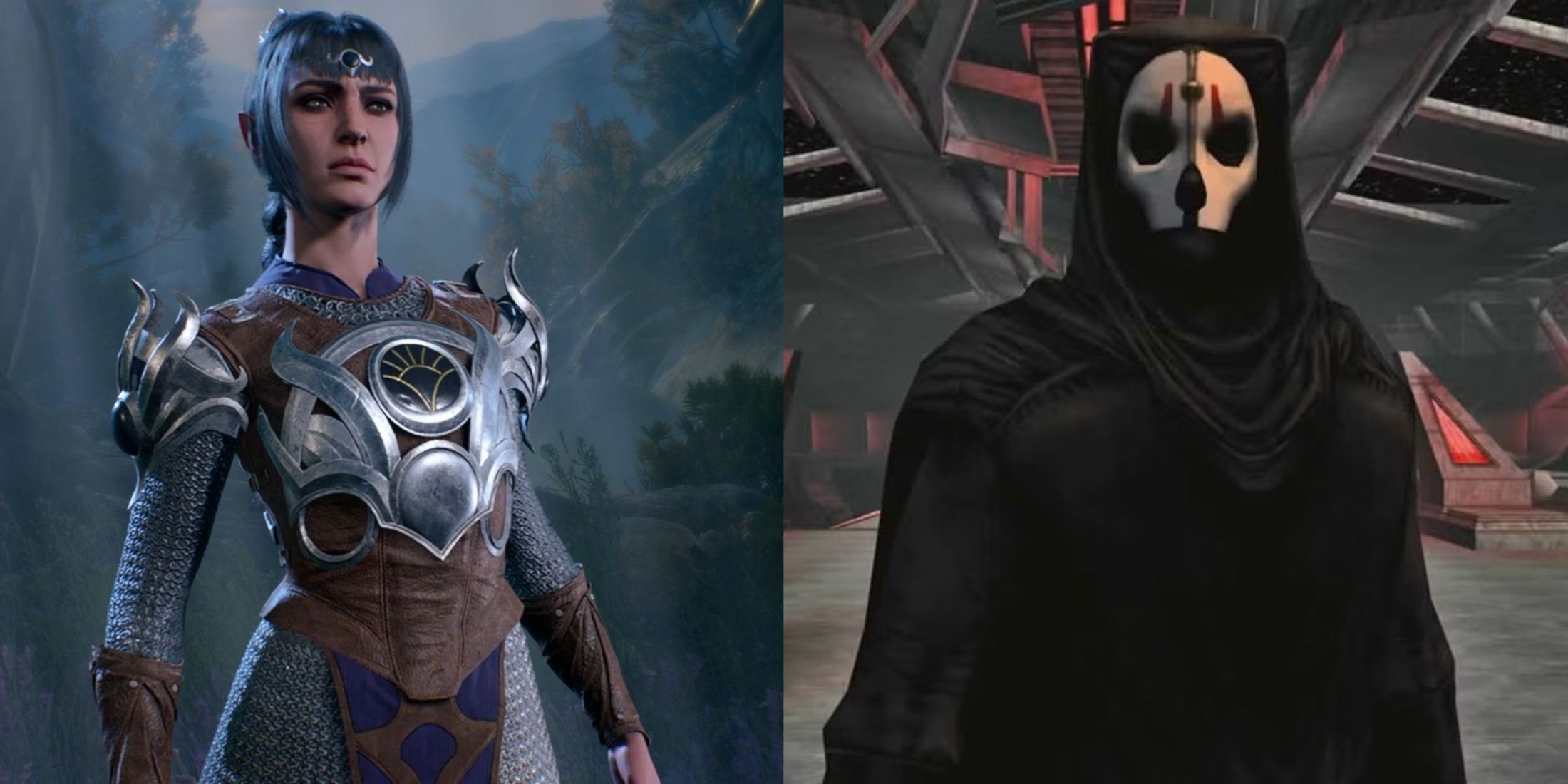
More
10 Best CRPGs Franchises, Ranked
These incredible CRPG franchises set the tone of the genre as a whole, delivering unforgettable experiences across their storied games.
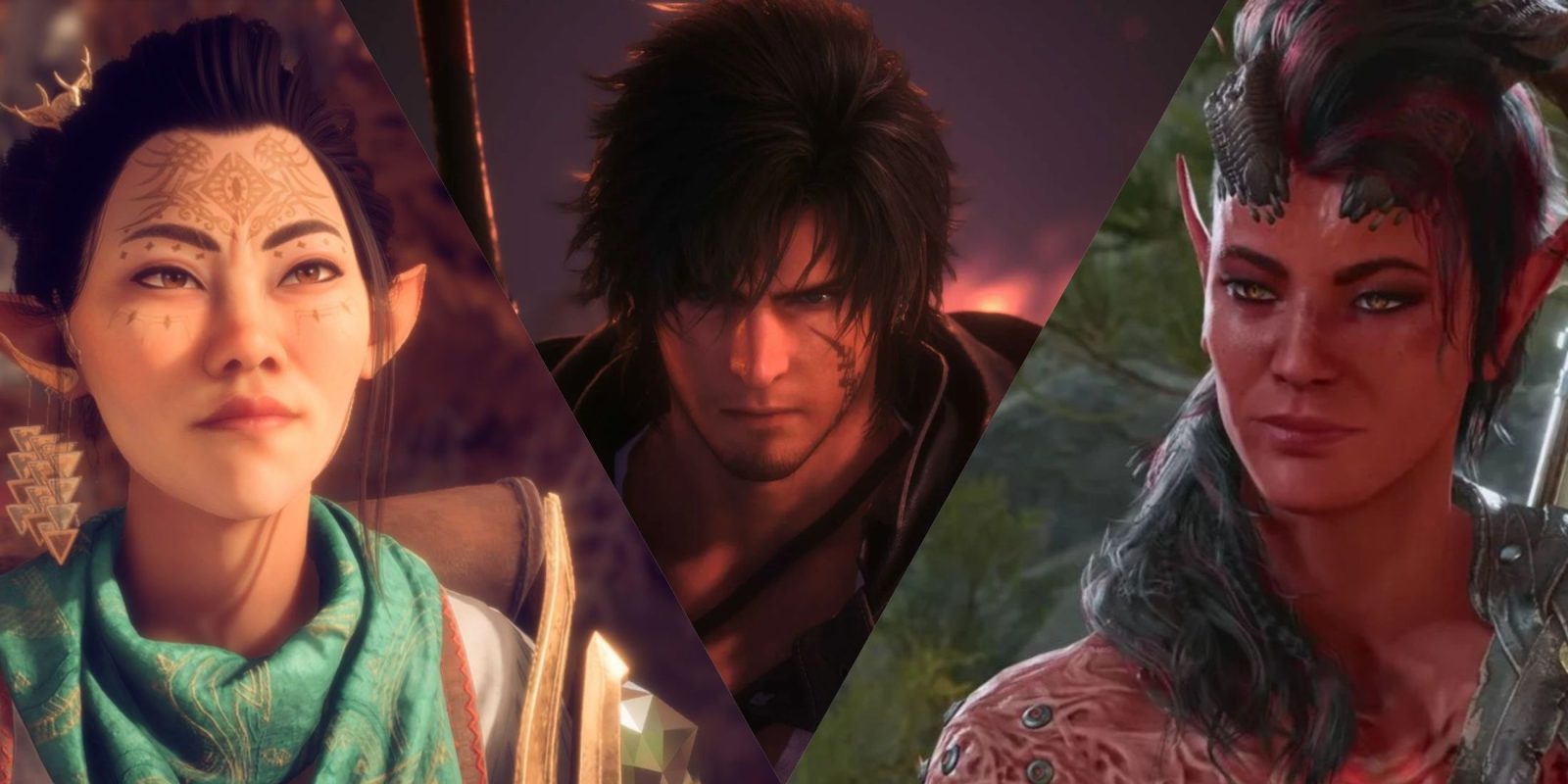


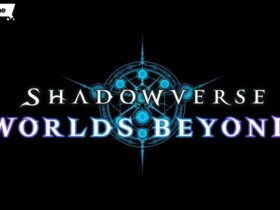




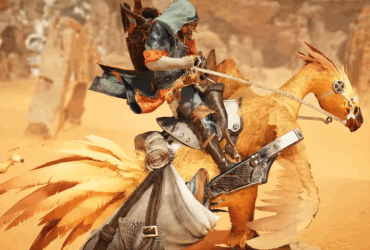



Leave a Reply